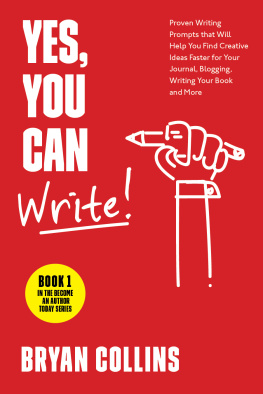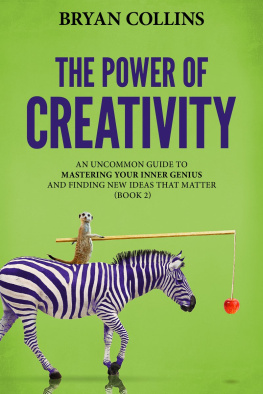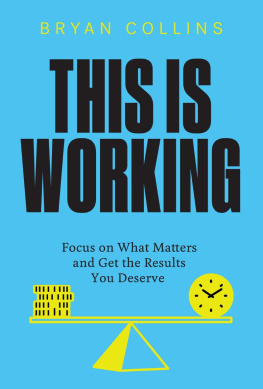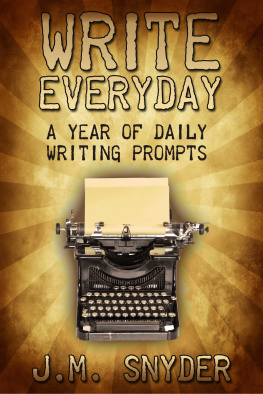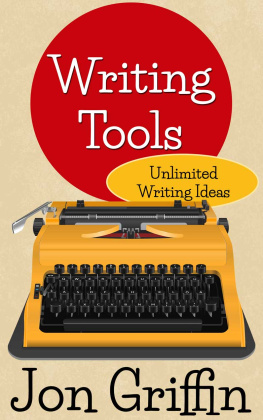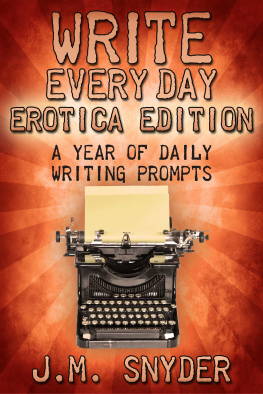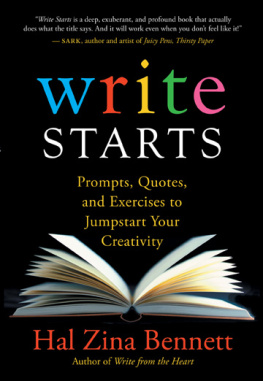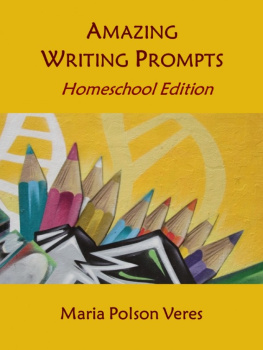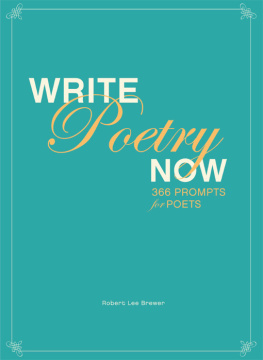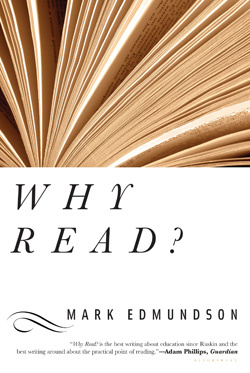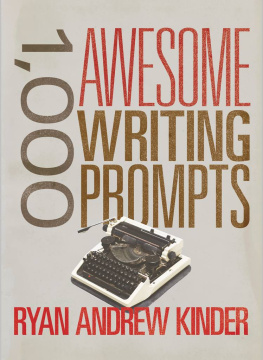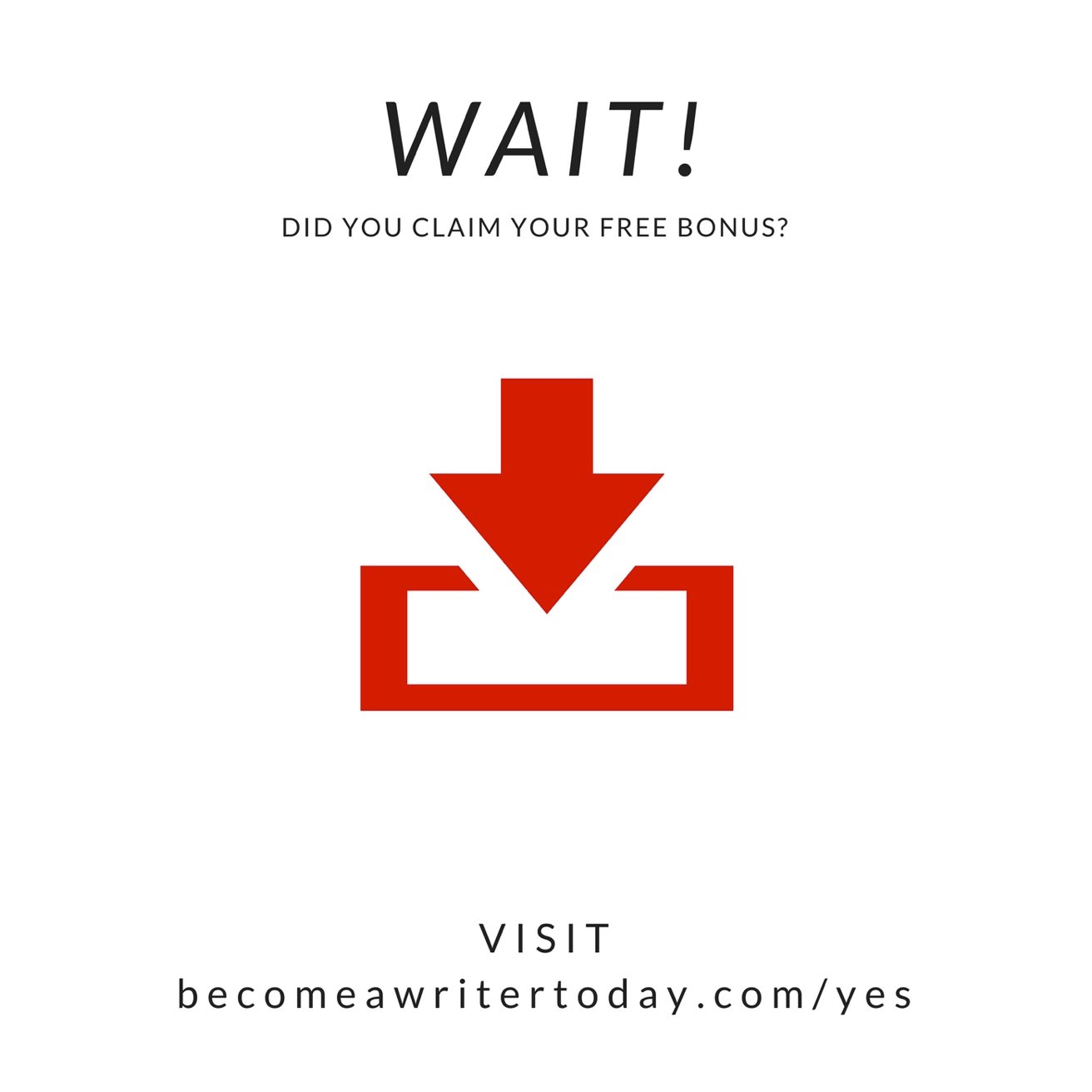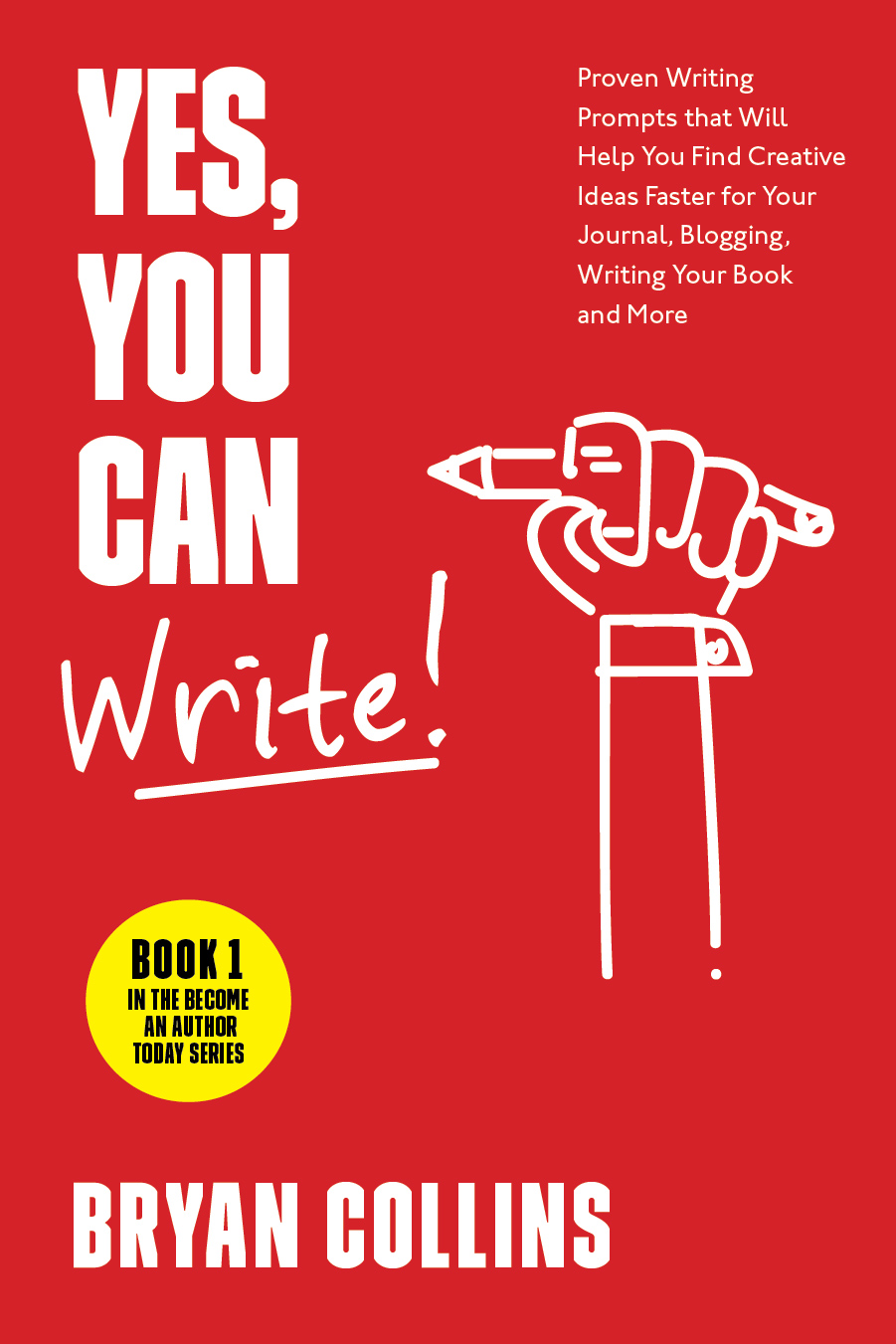
Yes, You Can Write!
101 Proven Writing Prompts that Will Help You Find Creative Ideas Faster for Your Journal, Blogging, Writing Your Book and More
Bryan Collins
Contents
Get a Free Book
Before you start reading, I want to give you a free copy of my next book The Savvy Writers Guide to Productivity. It will help cut months off how long it takes you to write your book, using my best tactics and strategies.
If you want to get this book, please visit http://becomeawritertoday.com/yes
Introduction
I felt delighted with my prize until I climbed to the top of the crane and looked down.
The grey, jagged rocks lurched upwards towards me, and my head began to spin. I stepped back from the edge of the crane seat, and I held onto the thick, yellow bungee jump cord as if it were life itself.
Im not doing it, I said. I wont jump.
The bungee jump instructor smiled and raised the palms of his tanned, oversized hands.
You cant climb back down. He shook his head. You must jump.
No, no, no, I said.
The day before, I had won a swimming competition in the Greek resort where friends and I were spending our summer holidays. My prize was a bungee jump from the crane overlooking the rocks on the beach. At the time, I felt delighted. Now, my pale legs were rattling against each other like twigs in the wind.
Our stand-off lasted for twenty long minutes, all the while me holding onto the crane rails and my friends calling from down below:
Jump! Jump! Jump!
That guy is a coward, someone shouted. Hell never do it.
That was enough.
I sat down on the edge of the metal crane seat, closed my eyes, and using two hands, I eased myself off the seat and into the air...
Down I went.
Writing can feel a little like bungee jumping. Ive perched myself over the blank page for hours at a time, unable and unwilling to get started.
When I tried to write my first book, I brewed a cup of coffee and pulled a chair up to my desk in my bedroom and arranged a notebook and pen before me.
My hand hovered over the blank page, but sitting in a chair in front of the blank page was an alien experience. Eventually, I put my pen down, stopped to refill my coffee, played some music and filled a bowl with crackers and cheese.
It went on like this for an hour... Id sit down, try to write and then get back up to open the window, walk around the room, call the dog and do anything but write.
I just didnt know what my book was about or how to begin or even where to begin. Finally, I threw away my notebook and pen, feeling like a failure and that I didnt know what I was doing.
The painful truth is I didnt know what I was doing.
Like the reluctant bungee jumper who worries about being embarrassed in front of his friends, I needed a prompt.
If you havent written much before or youre unsure what to write about, writing prompts can help you improve your craft and get into the habit of spending more time in the chair, in front of the blank page.
A writing prompt should encourage you to write. It could be a single word, sentence, phrase, question or even a picture that you focus on. It should encourage you to jump.
In this book, youll find 101 examples of writing prompts that you can use for various types of non-fiction writing. These prompts should help you to overcome common problems like writers block, to find ideas for your books and to become an author.
Ive broken the book into seven sections to cover seven different types of non-fiction writing, and each section contains around 10 to 15 writing prompts. Its best to use the writing prompts in this book without fear or expectation, as a warm-up for the main event.
Now, lets strap in.
Practising Your Craft
O ne of the main aims in writing practice is to learn to trust your own mind and body; to grow patient and non-aggressive. Natalie Goldberg
Some days, I like to close the door, open up a blank document on the computer, set a timer for 30 minutes and write about whatever comes to mind.
I start by writing about an idea Im wresting with or something thats bothering me, but I never know where Ill end up.
I dont expect to publish what I wrote, although occasionally I pin a creative problem to the page.
Ultimately, free writing is a form of writing practice.
In 1986, author and artist Natalie Goldberg introduced the concept of writing practice in her book Writing Down the Bones: Freeing the Writer Within.
It involves turning up and writing about a particular topic, theme or idea for a pre-determined period. If you want to free write, avoid editing yourself, overthinking your work, or worrying about spelling punctuation or grammar.
Its an expressive, exploratory type of writing that almost every type of writer can use to improve their craft. Its also a useful way of finding ideas, stories and interesting arguments for your books.
Natalie says, Dont try to control it. Stay present with whatever comes up, and keep your hand moving.
So set a timer for 15 or 30 minutes, open up your favourite writing application and use the writing prompts below to practice your craft:
- Look out the window. Whats happening outside, and how have things changed since you last sat here?
- Write about an everyday or intimate object and what it means to you. It could be something on your desk, in your bedroom or in your fridge. It could even be an item of clothing. What does it look, taste, sound and smell like? What does it mean to you?
- What do you do when youre alone? What keeps you up at 3 a.m. and how do you handle these worries?
- Draw upon a memory. I remember the first time I..., I remember the last time I... and Can I trust this memory? The more visual the memory, the better.
- Consider a painful moment from your past. A job you didnt get. A relationship that broke down. Use this as the starting point for what you write next.
- Think of your childhood hero. What impact did they have on your life and how? What would you say if you could meet them now?
- When was the first time someone disappointed you? What did they do? And how did you react?
- When you were in school, you were probably asked to write about what you did on your summer holidays. Now that youre all grown up, write your epitaph.
- What was it like to revisit a place from your childhood as an adult? Did the visit match your memory of this place?
- Take a photo with your phone of an occasion or a memorable event (yes your memory will fade, so photos are important), or find an old picture from your library. Now, write about it.
- Put on a pair of headphones, and listen to a piece of music outside of your comfort zone. Now write 300 to 500 words about how it makes you feel.
- Describe a physical injury. How did it happen, what did it feel like and what was the result?
- Consider a small private victory or, better yet, a small, private defeat. Now write an honest account of what happened.
- Describe an experience, event or conversation that you feel angry about today. What would you like to do about it and say to those involved?
Next page
